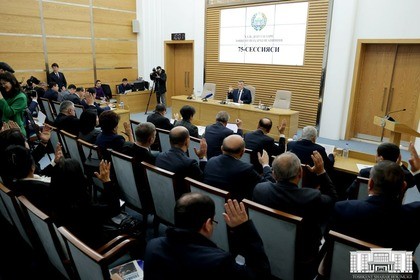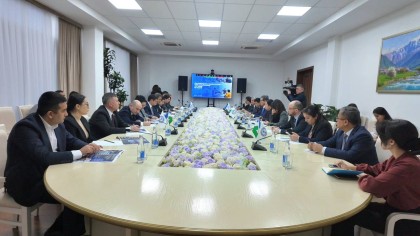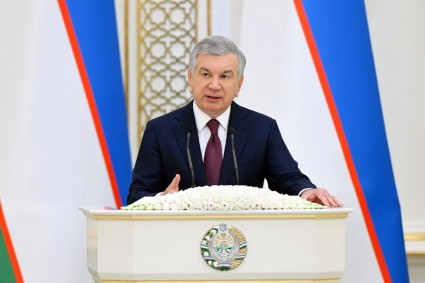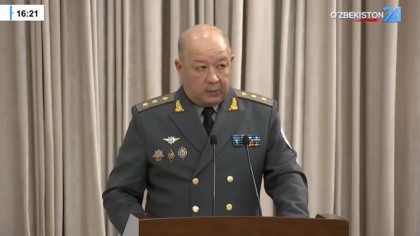President Shavkat Mirziyoyev signed amendments to laws concerning the activities of local government bodies on Thursday. The amendments were passed by the Legislative Chamber on July 23 and approved by the Senate on September 20. They were developed to align with the adoption of a new version of the Constitution last year.
One of the main changes is the separation of the powers of governors and mayors of the district (city, province) and the chairman of the council of people's deputies. Until now, governors simultaneously headed the representative (kengash) and executive (governoriyat) authorities in the corresponding territory, which violated the principle of checks and balances in power.
This amendment will take effect for the councils and governors of the provinces and Tashkent after the October elections, and for district and city councils and mayors - from January 1, 2026.
According to the amendments, a governor and mayor may be a deputy of the council. As a deputy, he can be elected as a member of the Senate.
A candidate for the position of governor or mayor of the province or Tashkent, when considering his candidacy in the council, will present a program for the socio-economic development of the territory for the future.
It is prohibited to hold the position of a governor and mayor of the same province, district or city for more than two five-year terms in a row. The same requirement is introduced for the chairman of the council.
The governors of the provinces shall be allowed, upon agreement with the Cabinet of Ministers, to subordinate the governors of the cities to the governors of the districts (with the exception of districts that are part of the city) with the formation of single governing bodies. Such a decision must be approved by the provincial council.
The requirement for registering acts adopted by the councils and governors in the Unified Electronic System for the Development, Coordination and Registration of Decisions of Local Government Bodies has been strengthened. Acts not registered in the system are considered invalid and do not entail legal consequences.
Governors have been entitled to appeal to the Senate or to the court to cancel decisions of the Councils that contradict the law. Before this, governors must apply to the Councils with a motion to review the decision.
The Chairman of the councils is elected for the term of office of the Councils. During this period, he suspends his membership in the party and cannot join permanent and other commissions, as well as party groups.
The Chairman of the councils can be dismissed early by decision of the Councils if more than two-thirds of the deputies vote for it.
The councils have been given the authority to send inquiries to officials of state bodies and organizations on issues of law enforcement, territorial development programs, and others.
Meanwhile, they can conduct investigations to study facts and events that pose a threat to human rights and freedoms, the interests of society and the state, and that can have a negative impact on the foundations of security and sustainable development of the territory.















